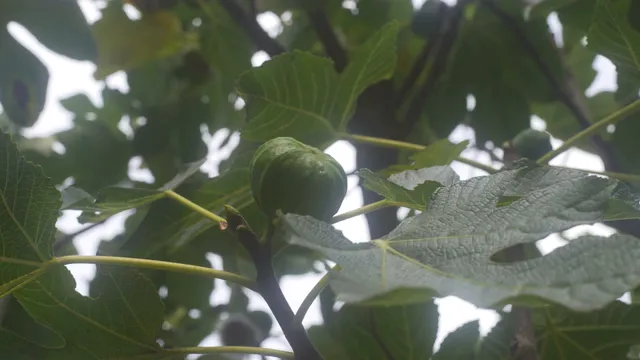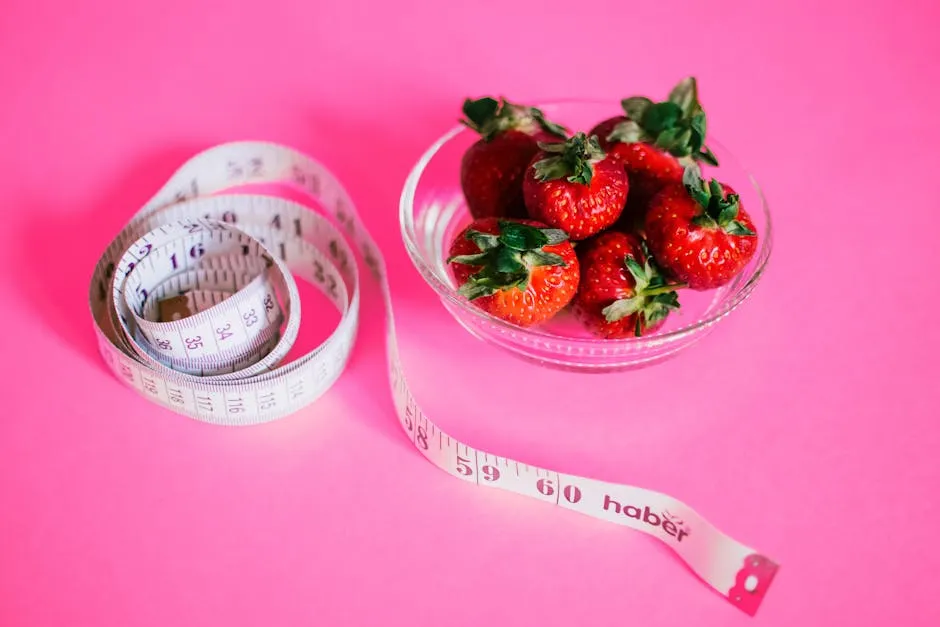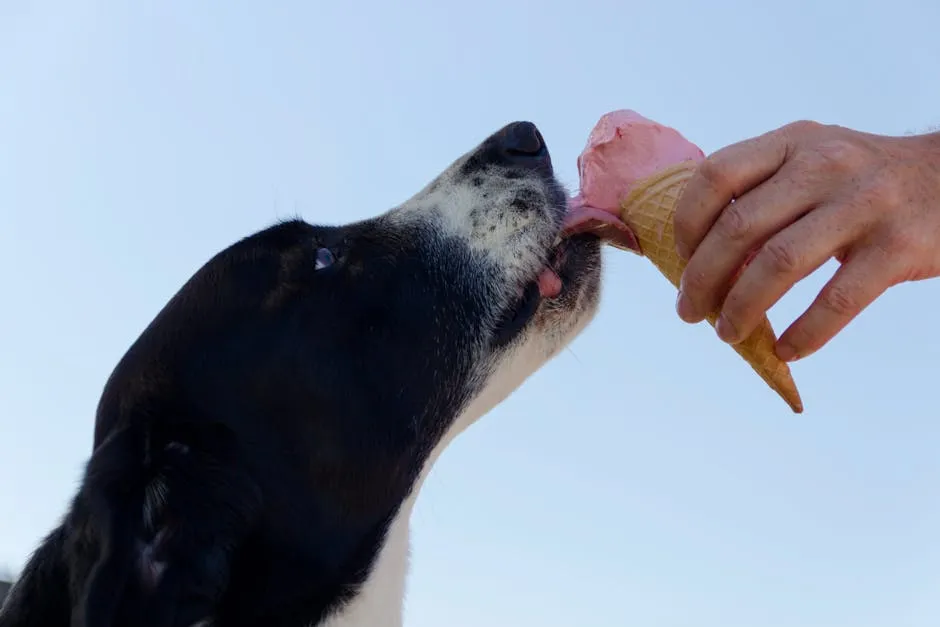Introduction
In the sweltering heat of summer, few treats are as refreshing as a slice of juicy watermelon. But as you savor this delightful fruit, you might find yourself wondering: can your furry friend join in on the fun? Spoiler alert: they can! However, before tossing them a chunk, there are a few essential dos and don’ts to keep in mind. Watermelon is a hydrating delight, boasting an impressive 92% water content. This makes it an excellent choice for both humans and dogs alike, especially during those scorching summer days. The good news is that watermelon can offer your pup a tasty and nutritious snack, but it’s crucial to ensure it’s safe and healthy for them. Now, let’s address the elephant in the room: the seeds and rind. While watermelon flesh is generally safe, the seeds can pose a choking hazard and the rind can lead to tummy troubles. So, always remember to remove those pesky seeds and the tough rind before treating your dog to this juicy fruit. In this comprehensive guide, we’ll explore the ins and outs of feeding watermelon to dogs, from the benefits to the precautions you should take. So grab a slice for yourself and read on to discover how to safely share this summer staple with your four-legged companion! Watermelon isn’t just a fun snack; it can also be a great addition to your dog’s diet when done right. Curious to learn more about the health benefits, how much to serve, and creative ways to incorporate watermelon into your dog’s diet? Let’s venture deeper into the juicy details!
Summary
Watermelon is a popular summer treat known for its hydrating properties, boasting a whopping 92% water content. For dogs, this fruit can also offer nutritional benefits, including vitamins A, B6, and C, and potassium. However, while watermelon is generally safe for dogs, it should be prepared properly and fed in moderation. Key points include:- Safety First: Always remove the seeds and rind, as both can pose risks of choking and gastrointestinal upset.
- Moderation is Key: Watermelon should only account for 10% of your dog’s daily caloric intake due to its sugar content.
- Hydration Booster: Watermelon can help keep your dog hydrated, especially on hot days, but it should not replace their regular water intake.
- Creative Serving Ideas: From frozen treats to watermelon smoothies, there are many fun ways to serve this fruit to your dog.
- Consult Your Vet: Always check with a veterinarian before introducing new foods into your dog’s diet, especially for those with specific health conditions.
Understanding the nutritional needs of your dog can enhance their diet significantly. Understanding canine nutrition: raw vs. kibble debate
Benefits of Watermelon for Dogs
Nutritional Value
Watermelon isn’t just a summer delight; it’s packed with nutrients! This juicy fruit contains vitamins A, B6, C, and potassium.- Vitamin A supports your dog’s vision and immune system.
- Vitamin B6 aids in brain function and helps produce serotonin, the feel-good chemical.
- Vitamin C is a powerful antioxidant that can enhance your dog’s overall health.
- Potassium is essential for heart health and muscle function.

Hydration
Watermelon is like nature’s spa day for dogs! With a whopping 92% water content, it’s perfect for hydration. During hot summer days, a slice of watermelon can help keep your furry friend cool and refreshed. This juicy treat is especially beneficial after playtime or a long walk. Just remember, while watermelon is great for hydration, it should never replace their regular water intake.Low Calorie Treat
Looking for a guilt-free treat? Watermelon is your answer! It’s low in calories—only about 50 calories per cup—and free of fat and cholesterol. In comparison, ice cream may tempt your dog, but it can lead to tummy troubles. Watermelon’s natural sugars are easier on their digestive system. So, when your pup begs for a treat, opt for watermelon instead of those rich, dairy-laden snacks. They’ll love you for it!
Safety Precautions
Remove Seeds
When it comes to watermelon, safety first! Always remove the seeds before offering any to your dog. These little seeds can pose choking hazards or even cause intestinal blockages. While a few seeds might not be harmful, it’s best to be cautious. If your pup manages to swallow a seed or two, keep an eye on them for any signs of distress.Avoid the Rind
The watermelon rind may seem harmless, but it’s not a good idea to share it with your dog. The rind is tough and hard to digest, which can lead to gastrointestinal issues. If your dog takes a liking to the rind, you may find them experiencing bloating, diarrhea, or vomiting. Stick to the fleshy part—it’s much safer and tastier!
Monitor Portions
Moderation is key! Watermelon should only make up about 10% of your dog’s daily diet. The amount you give depends on your dog’s size. For small breeds, a few small cubes will suffice, while larger breeds can enjoy a handful. Always start small to ensure your pup doesn’t have any adverse reactions. Remember, tasty treats should be just that—occasional delights, not the main course!
How to Feed Watermelon to Dogs
Preparation Tips
Feeding watermelon to your dog requires a little prep work. But don’t worry; it’s as easy as pie—or should we say, as easy as watermelon! Here’s how to do it safely:- Choose the Right Watermelon: Opt for a ripe, fresh watermelon. Avoid any that seem overly soft or have an unusual smell.
- Wash the Watermelon: Before cutting, rinse the watermelon under running water. This helps remove any dirt or pesticides on the skin.
- Cut the Watermelon: Using a sharp knife, slice the watermelon in half. Then, cut it into quarters.
- Remove the Seeds: If you have a seeded watermelon, carefully remove all seeds. This prevents choking and potential intestinal blockages.
- Slice Off the Rind: Next, cut away the thick, green rind. This part is tough and can lead to tummy troubles.
- Cube the Flesh: Finally, cut the juicy, pink flesh into bite-sized cubes. Aim for pieces around 1 inch, making it easy for your dog to chew and swallow.

Serving Suggestions
Now that you’ve prepped the watermelon, here are some fun ways to serve it:- Fresh Chunks: Simply offer those bite-sized watermelon cubes as a refreshing snack. Your dog will appreciate the juicy goodness!
- Frozen Treats: For a cool summer delight, freeze those watermelon chunks. They make a perfect treat on a hot day. Just pop the pieces in a bag and freeze for a few hours.
- Purees: If your dog is a fan of mushy treats, blend the watermelon cubes into a smooth puree. This can be served alone or mixed into their regular food for added flavor.
Creative Recipes
Get ready to impress your pup with these fun watermelon recipes:- Watermelon “Ice Cream”: Blend frozen watermelon chunks with unsweetened yogurt. Serve this creamy delight in a bowl for a sweet treat that’s sure to make tails wag!
- Watermelon Smoothies: Mix watermelon puree with other dog-safe fruits like bananas or blueberries. Add a splash of water for a refreshing smoothie. Serve in a bowl or pour it into a KONG toy for a tasty puzzle!
- Layered Pupsicles: Get creative with layers! Alternate pureed watermelon and yogurt in ice cube trays. Freeze to create colorful, layered pupsicles that are as pretty as they are delicious.

Potential Risks and Considerations
Allergies and Sensitivities
While watermelon is generally safe, some dogs can have allergies. It’s rare, but be vigilant. Introduce watermelon slowly. Watch for any signs of allergic reactions. If your dog shows symptoms like itching or swelling, stop feeding them watermelon and consult your vet. It’s always better to be safe than sorry!
Diabetes and Weight Management
Watermelon has natural sugars, which can be a concern for overweight or diabetic dogs. Treat watermelon as a special occasion snack rather than a daily staple. Monitor your dog’s overall diet to ensure watermelon doesn’t contribute to weight gain. Moderation is key, as with all treats!Signs of Overconsumption
Too much of a good thing can lead to an upset stomach. If your dog indulges in too much watermelon, keep an eye out for signs like vomiting, diarrhea, or general unease. If these symptoms occur, contact your vet. It’s always best to err on the side of caution when it comes to your pup’s health! By following these guidelines, you can enjoy watermelon season with your furry friend without any worries. Happy snacking!
Conclusion
Watermelon can be a delightful and nutritious addition to your dog’s treat repertoire, provided it’s prepared and served correctly. This juicy fruit isn’t just a summer favorite; it offers a refreshing way to keep your furry friend hydrated. With its impressive 92% water content, watermelon helps quench thirst on those hot days. But wait! Before you toss that juicy slice to your pup, remember the golden rule: preparation is key. Always remove the seeds and rind. Those little seeds can be a choking hazard and may cause intestinal blockages. The rind? It’s tough to digest and could lead to gastrointestinal distress. Moderation is essential. Watermelon should only account for about 10% of your dog’s daily diet. Too much of this sugary fruit can upset their stomach and contribute to weight gain. Think of watermelon as a special treat, not a meal replacement! So the next time you slice into a juicy watermelon, don’t forget to share the love with your furry companion. Offer them a small piece or two, and watch their tails wag with joy! Treats are a fantastic way to bond with your dog and keep them happy.
FAQs
Can dogs eat watermelon seeds?
No, they should be removed to avoid choking and gastrointestinal issues. Even a couple of seeds can lead to concerns, so play it safe!
Is watermelon rind safe for dogs?
No, watermelon rind should not be fed to dogs. It’s hard to digest and can cause an upset stomach. Stick to the fleshy part for a tasty treat!
How much watermelon can I give my dog?
For small breeds, 1-2 small cubes are good. Medium dogs can enjoy 3-5 cubes, while large breeds can have a handful. Always start small to see how your dog reacts.
Can dogs eat frozen watermelon?
Absolutely! Frozen watermelon chunks are a fantastic way to cool down your pup on hot days. Just remember to remove seeds and rind before freezing!
What other fruits are safe for dogs?
Other dog-safe fruits include blueberries, strawberries, bananas, and apples (remember to remove seeds). These fruits are not only delicious but also packed with nutrients that contribute to your pup’s overall health.
All images from Pexels





